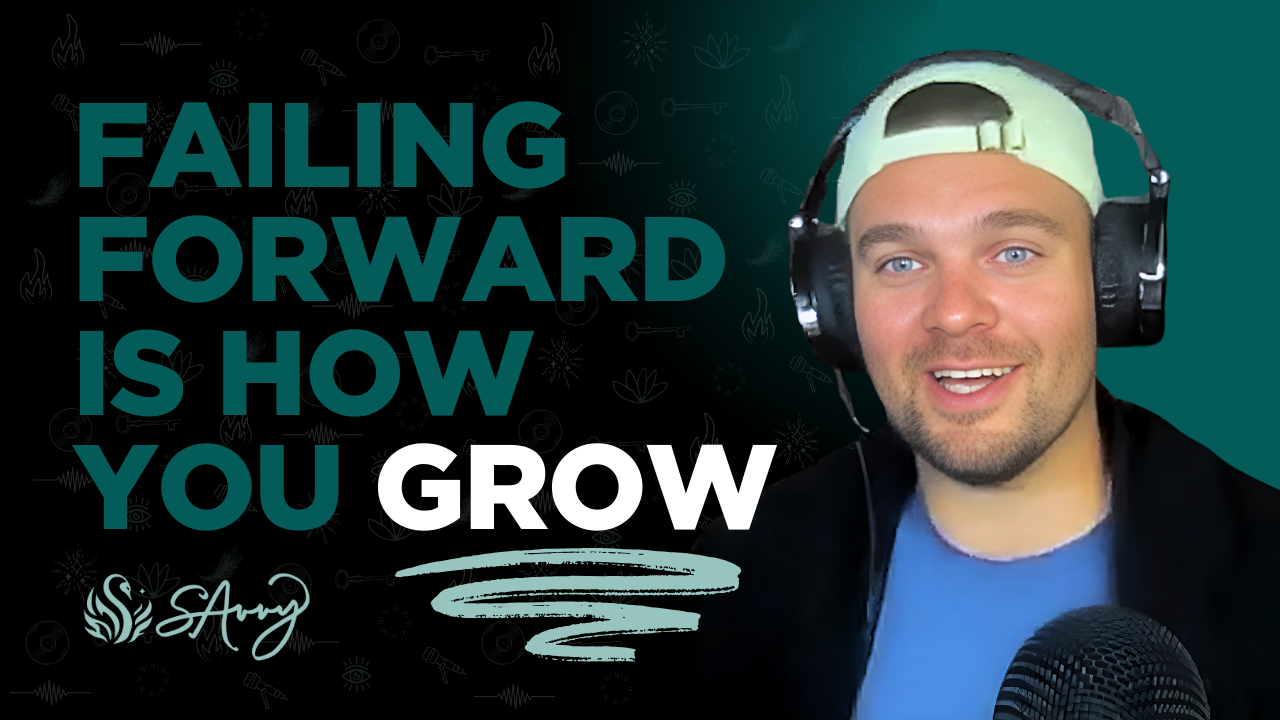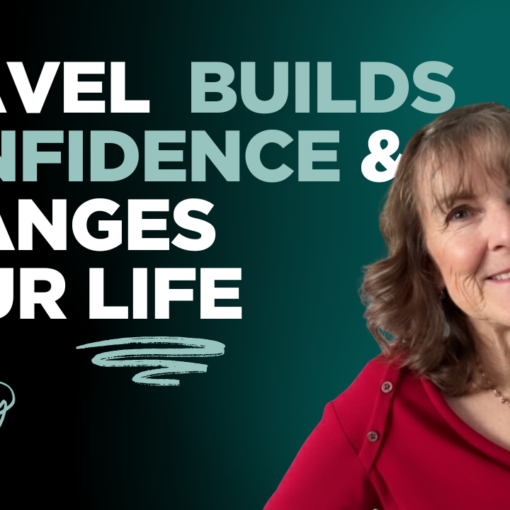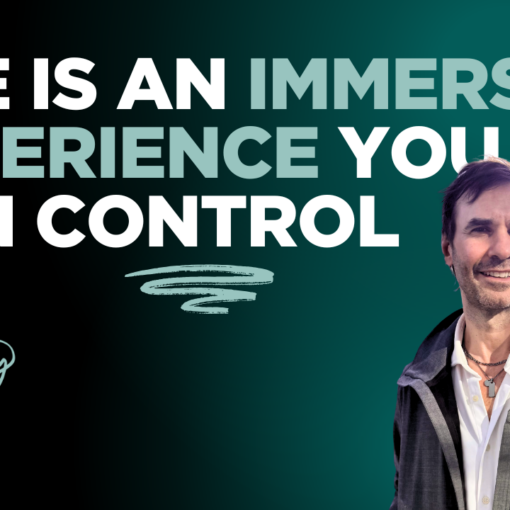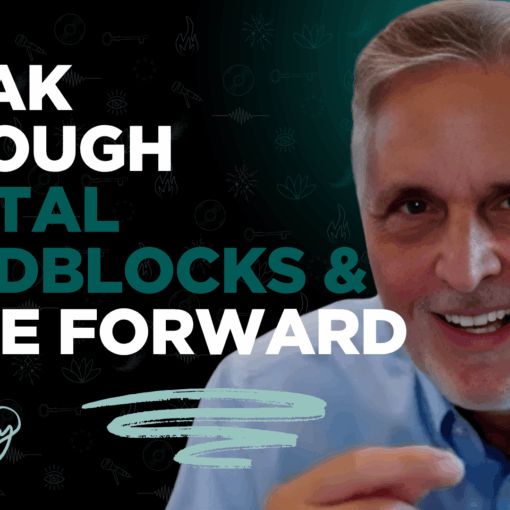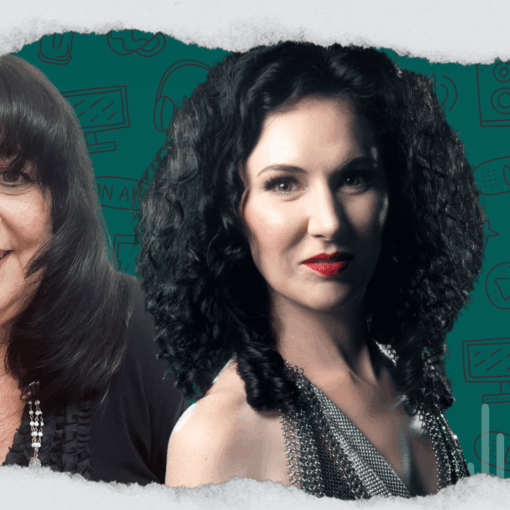Failing forward sounds like a motivational slogan, but for Steve Maxted, it’s just how life played out. One day, he was working in corporate agriculture. The next, he was packing up his office after a merger and trying to figure out what came next.
The fluorescent lights in that building stayed on as if nothing had changed, but Steve’s world had tilted. His badge still worked. His inbox still filled. But he no longer had a job.
It wasn’t immediate clarity. He panicked. Then he waited. Then he started moving. The stumble became a step. That’s how failing forward really begins.
TL;DR
- The layoff that cracked everything open
- How triathlon training helped rebuild resilience
- Starting small with Type A and what stuck
- Making decisions from instinct not strategy
- The monthly habit that changed his perspective
- What growing something in Winnipeg looks like
When Losing Your Job Is the Best Bad News
When Steve got laid off, he wasn’t thinking about reinvention. He was just trying to breathe. Corporate mergers come with quiet hallways and careful language, but no one teaches you how to handle the moment you lose your footing entirely.
He remembers walking out of the building that day, keys in hand, with no plan. His phone buzzed with messages from colleagues. Some were sympathetic. Some were scared it was their turn next. The world kept spinning. He felt stuck.
For two weeks, he did nothing. Slept in. Cleaned his garage. Read old notebooks full of ideas he’d never had time for.
Then something shifted.
One morning, he went for a run. It wasn’t impressive. Five kilometers. Slow pace. Cold wind. But it reminded him what momentum feels like. The next day, he ran again. Then he made a spreadsheet of business ideas. Some were silly. One was a bike rental company.
He started with that.
Training for Races and Training for Life
Steve isn’t just an entrepreneur. He’s a triathlete. The kind of person who signs up for Ironman races and shows up on race day with goggles, shoes, and stubborn grit.
Endurance sports, he says, gave him the mental tools he didn’t know he needed. When you’re in open water, surrounded by strangers, lungs burning and arms aching, you can’t quit every time it hurts. You keep going because the only way out is through.
He started to treat business the same way. A launch didn’t go well? That’s just a rough mile. Lost a client? Another wave to get through.
One habit he took from race training into work was the idea of micro goals. In a triathlon, you don’t think about the finish line during the first kilometer. You just swim to the next buoy.
At work, that looked like testing a new pricing page. Sending one pitch email. Reworking a client contract.
Keep moving. Adjust later.
What Stuck from the Early Type A Days
Type A wasn’t born as a single idea. It started as a collection of experiments. Steve launched a bike rental business. He started a podcast. He hosted local meetups.
Some things flopped. Some barely broke even.
But every project gave him data. Not the kind with charts and dashboards. The kind you feel in your gut when something clicks.
One day, a tourist booked three bikes and ended up buying merch from the rental stand. That told Steve people wanted more than just gear. They wanted the brand.
The podcast got modest traffic, but one guest ended up becoming an investor. That wasn’t planned. It was just one of those things that happens when you keep showing up.
Type A began to take shape as something more than a company. It was a reflection of Steve’s identity: practical, obsessive, and proudly Canadian.
Short sentences help thoughts land.
When Instinct Beats the Business Plan
There’s one moment Steve always circles back to. It was a Tuesday. He got an email from someone he’d met once at a conference. They were going to be in Vegas that weekend and wanted to chat about a possible partnership.
Steve checked flights. They were pricey. He didn’t know if the meeting would go anywhere.
He booked the ticket anyway.
That 45-minute coffee ended up turning into three new contracts and a long-term client.
He admits that not every gut decision works out. But he’d rather spend money on a chance than sit at home waiting for perfect conditions.
That Vegas story is now his proof point. When you feel the pull, follow it. The worst case is a story. The best case is a business shift.
The Month-End Check-In That Changes Everything
Every month, Steve blocks off one afternoon. No meetings. No calls. Just one hour of data review, then two hours of reflection.
He starts with the numbers. Revenue, expenses, leads, time spent per client. No fluff.
Then he asks three questions:
- What worked this month?
- What felt too hard for the reward?
- What am I ignoring?
He writes the answers by hand in a spiral-bound notebook.
Sometimes, he realizes he’s been chasing something for ego, not value. Other times, he sees that a slow growth area is quietly building a base.
He doesn’t share this process online. It’s not content. It’s survival.
You can’t steer a ship if you never look up from the wheel.
Building a Business in a Big Village
Winnipeg is a funny place to build a brand. It’s not flashy. It’s not a tech darling. But it has one thing most cities don’t: deep roots.
Steve grew up there. His high school teacher still bikes past his office. When he started Type A, his first five customers were all local.
There’s a kind of accountability that comes with that. If your product sucks, people will tell you. At the grocery store. On the sidelines of your kid’s soccer game.
But that’s the beauty of it. You don’t get to hide behind branding. You have to deliver.
He keeps the brand proudly Canadian. Not with flags or slogans. Just with honesty, clear design, and fair pricing.
Winnipeg isn’t loud. But it doesn’t quit.
Neither does he.
Tuck This Away for When It Gets Messy
The layoff was real. So was the fear. But it didn’t end there.
Steve found clarity in movement. In cold runs, short experiments, and big risks. He learned that progress isn’t always linear, but it’s almost always earned.
If things feel stuck, start with one small action.

